In my practice as a dietician, I have come to understand that nutrition is one of the most effective weapons in the fight against diseases and early death. The connection between nutrition and cancer is a well-studied topic, and it is believed that some foods can have a preventive effect on cancer while others may promote cancer development. The food consumed by a person determines the health of the human body and the body’s ability to fight diseases such as cancer. In this blog, I will discuss the relationship between food choices and cancer with a focus on the foods that prevent cancer.
Foods that Can Increase Your Cancer Risk
Now, let us discuss the foods that are associated with the development of cancer in the human body. Although diet does not solely contribute to the development of cancer, some eating habits can increase the chances drastically. Meats, particularly processed ones, have been ranked by the WHO as being potential carcinogens to human beings. Diets high in processed meats, including bacon, sausages, and hot dogs, raise the risk of developing colorectal cancer. Make sure you avoid such foods and embrace foods that prevent cancer.
Likewise, excessive consumption of red meat is also a contributor to the same. While moderate consumption may not significantly increase the risk, high consumption of red meat has been linked to colorectal and other cancers.
Sodas and other foods rich in refined sugars are also problematic. These foods cause obesity, which is a major factor for different types of cancer. Breast (postmenopausal), pancreatic, kidney, and esophageal cancers are some of the diseases associated with obesity.
Finally, alcohol is another significant risk factor for cancer, according to the study. This type of beverage causes cancers in the mouth, throat, esophagus, liver, and breast.
Foods To Limit To Reduce Cancer Risk
Let us look at some of the foods that have a high probability of causing cancer:
- Processed Foods: Many processed and packed foods contain unhealthy fats, preservatives, and excessive sugar. These substances promote inflammation in the body and, hence, lead to cancer.
- Refined Carbohydrates: Most refined grains, such as white bread, pastries, and many breakfast cereals, will increase your blood sugar levels and are associated with an increased risk of endometrial cancer.
- Saturated and Trans Fats: Healthy fats are an important source of nutrients, but unhealthy fats, including those found in fried, fast, and baked foods, cause inflammation and cancer development.
- Artificial Sweeteners: While studies are still being conducted, some of the synthetic sweeteners have been found to cause cancer in animal tests, including saccharin and aspartame.
- High Sodium Foods: High salt intake, particularly from processed and pickled foods, contributes to stomach cancer. This can be averted by lowering the intake of sodium.
Diet and Cancer Prevention
A dietician’s work is to inform clients about the need to take a proper meal, not only to lose weight or be healthy but also to avoid the risk of getting cancer. A diet comprising more fruits, vegetables, whole grains, and legumes can help the body fend off cancer.
Antioxidants and other phytochemicals present in plant foods are known to have protective effects. Bright-colored fruits and vegetables contain antioxidants that eliminate free radicals that may harm cells and cause cancer.
Consumption of foods containing fiber is also important in preventing the occurrence of cancer. It has been revealed that fiber can reduce the rate of occurrence of colorectal cancer. Fiber aids in digestion, and it eliminates toxins from the body, including carcinoma from the digestive system.
Another strategy for managing cancer is to eat foods that are low in inflammation, including fatty fish, nuts, and seeds. Inflammation is a constant process and a severe factor in many diseases, including cancer. By selecting foods that help you fight inflammation, you can lower your overall cancer risk.
10 Foods That Can Lower Your Cancer Risks
Now, let’s dive into the foods that are scientifically supported to help lower your cancer risk:
- Broccoli: This cruciferous vegetable contains sulforaphane, which is very effective in combating cancer. It is believed that it may impact the risk of developing prostate, breast, and colorectal cancer.
- Berries: Berries such as blueberries, strawberries, and raspberries are rich in vitamin C and anthocyanins, which prevent cell damage and are associated with a lowered risk of esophageal, colon, and mouth cancers.
- Garlic: The sulfur compounds in garlic help stimulate the body’s defense against cancer, especially stomach and colorectal cancers.
- Green Tea: Green tea, which contains polyphenols, is famous for fighting free radicals. Research has also revealed that it can lower the chances of developing breast, prostate, and liver cancer.
- Turmeric: Curcumin, the main compound in turmeric, demonstrates antioxidant and anti-inflammatory properties. Research has shown that curcumin has the potential to reduce the growth of cancer cells, such as those in breast, bowel, stomach, and skin cancer.
- Carrots: Carrots contain beta-carotene, and researchers have found that people who take carrots have low risks of contracting lung, mouth, and stomach cancers.
- Spinach: This cruciferous vegetable is rich in nutrients such as lutein and zeaxanthin, which prevent cancer, especially lung and breast cancer.
- Walnuts: Walnuts contain omega-3 fatty acids and phytosterols, which are believed to slow down the growth of cancer cells. The possible role of walnuts in decreasing the probability of breast and prostate cancer has also been investigated.
- Flaxseeds: Flaxseeds contain fiber and lignans that have been associated with reduced risks of breast and colon cancers. They also contain omega-3 fatty acids, which are anti-inflammatory.
- Tomatoes: Tomatoes are rich in antioxidants called lycopene, a carotenoid that gives them red colour. Lycopene is known to reduce several types of cancer, particularly prostate cancer. Studies suggest that lycopene works by neutralizing free radicals which damage cells and contribute to cancer development.
How Smart Nutrition Choices Today Can Help Prevent Cancer Tomorrow?
As a dietician, this is something I like to remind people that there is no perfect food that can shield you from cancer, but eating right can reduce your risk. By avoiding processed foods and including more plant-based whole foods in your diet, you help your body fight off cancer. I would like to remind you that each meal should be viewed as a way to support your body and keep it safe from diseases. I would like to remind the reader that the decisions made today will determine the whole future of the person’s health. For more specific advice on what to eat to prevent cancer, it is advisable to seek advice from a certified cancer nutritionist at QUA Nutrition to make sure you adopt a diet that contains foods that prevent cancer. Contact us today!

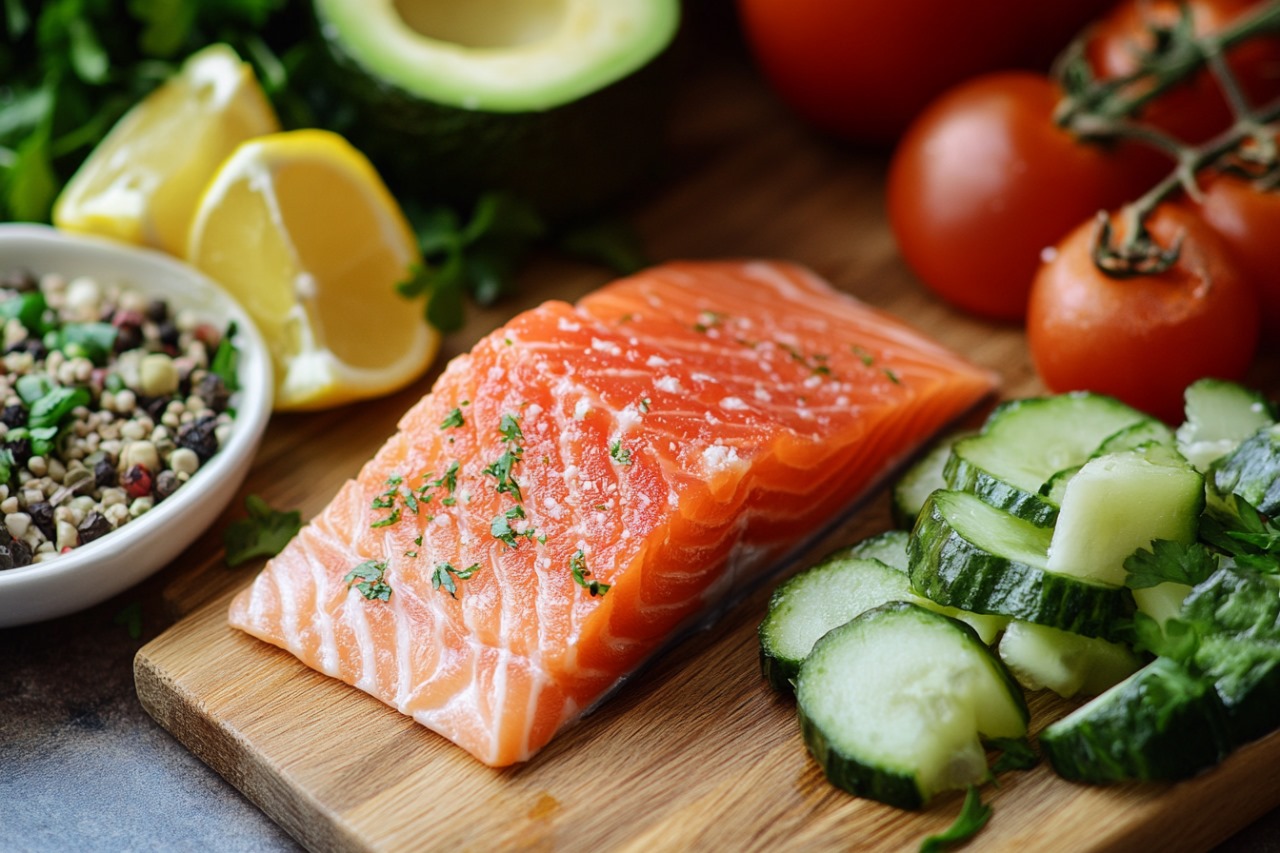

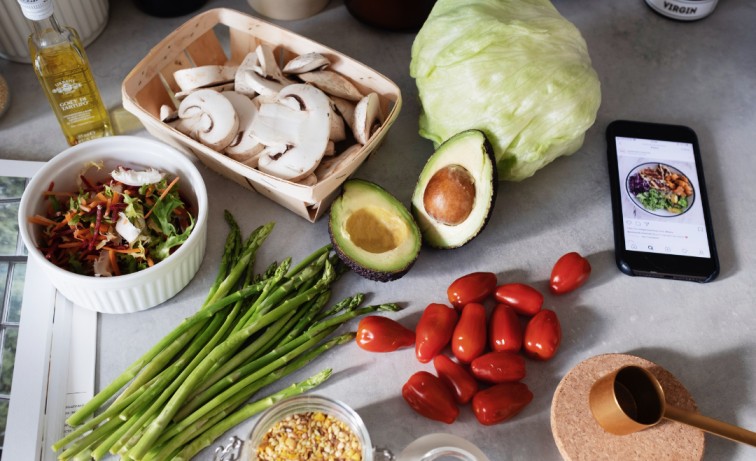
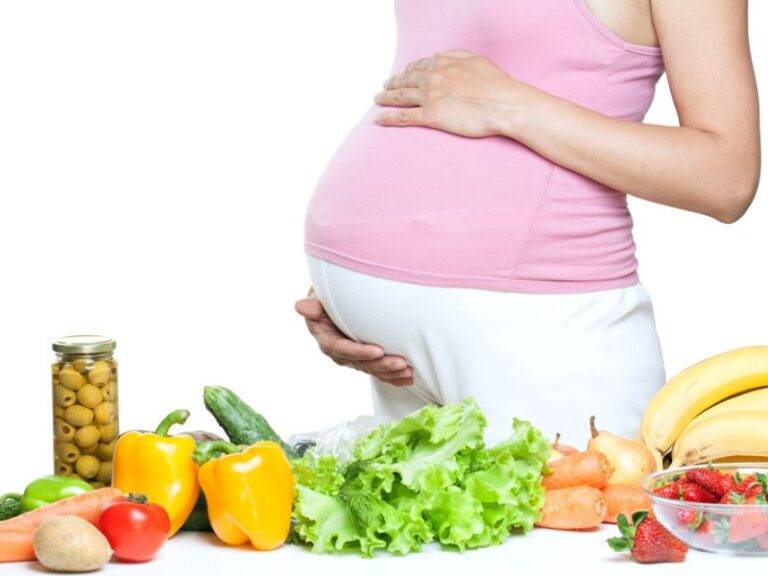

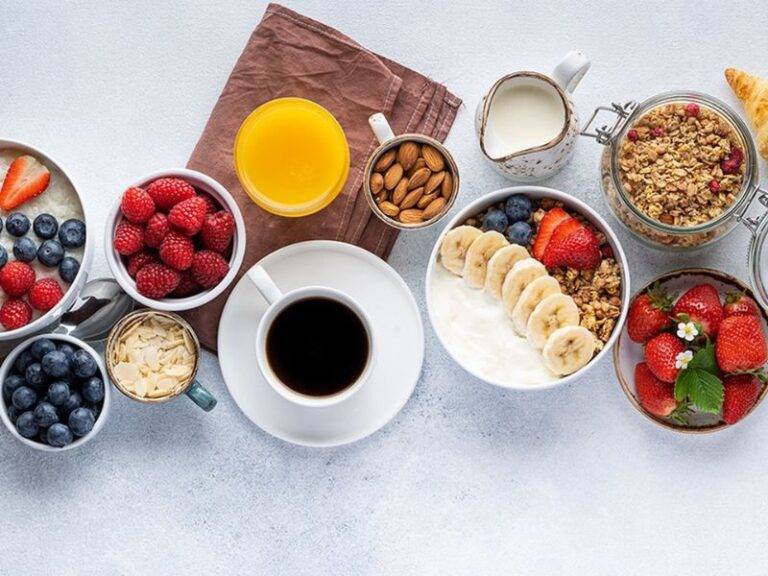
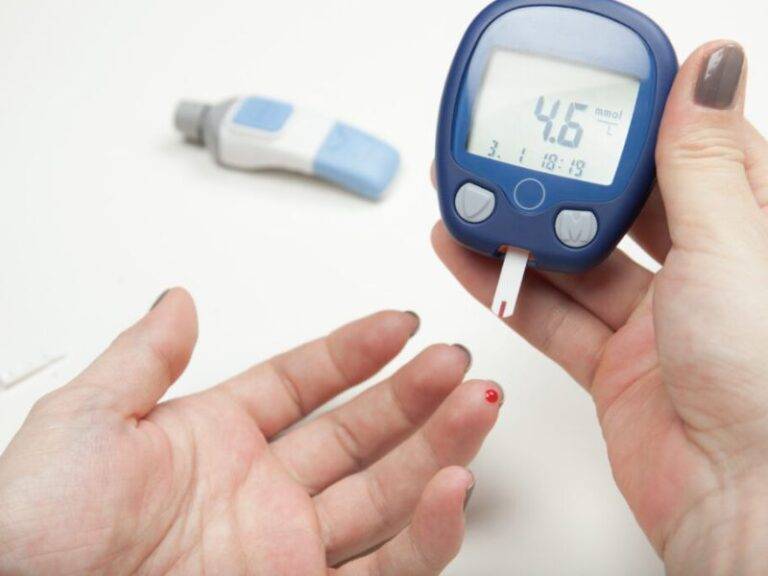
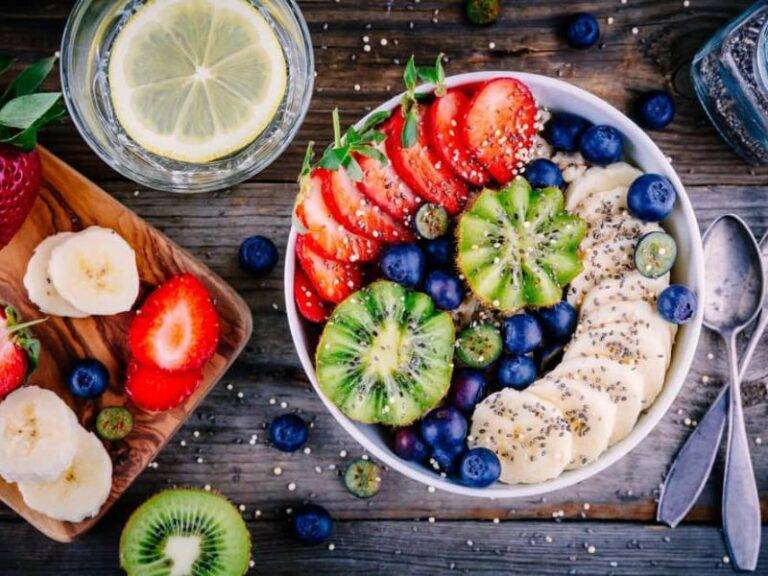

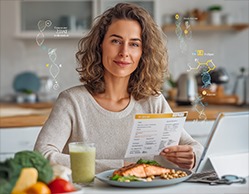
This is definitely one of the more helpful articles I’ve read.
The way you broke this down is incredibly helpful.